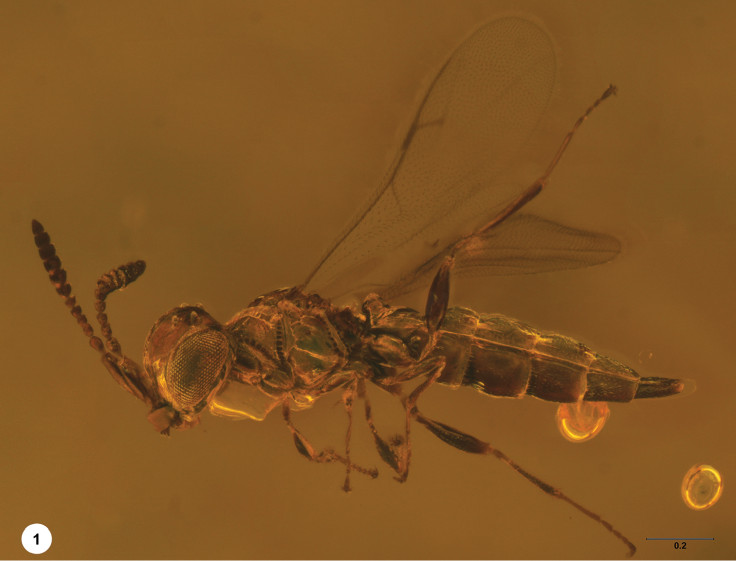David Bowie's alter ego Ziggy Stardust gets 100-million-year-old wasp tribute
The extinct species has been named Archaeoteleia astropulvis, which partly translates from Latin to 'star dust'.

An ancient predecessor of a species of modern wasp was given a rock star name — Archaeoteleia astropulvis. That might not sound very impressive, but astropulvis when translated from Latin means star dust and the scientists who identified this new species explained they wanted the discovery to be a tribute to "the late David Bowie alter ego, Ziggy Stardust".
A research paper published in the Journal of Hymenoptera Research on 21 June, revealed that the insect's name was also a nod to "the ancient source of the atoms that form our planet and its inhabitants".

The specimen was brought to Smithsonian National Museum of Natural History, Washington, by Longfeng Li, a student from China's Capitol Normal University. On further examination of the insect, which had been naturally preserved in fossilised tree resin, scientists discovered that it was a species new to science.
Furthermore, the 100-million-year-old sample showed similarities to a modern group of wasps and was therefore placed in the existing genus, Archaeoteleia, which has long been considered an ancient lineage.
Astropulvis is not the only insect to be named after the Space Oddity singer who died on 10 January, 2016. In 2008, a hallucinatory-looking huntsman spider was named Heteropoda davidbowie, an apt name keeping in mind the singer's back-up band The Spiders from Mars.
© Copyright IBTimes 2025. All rights reserved.






















